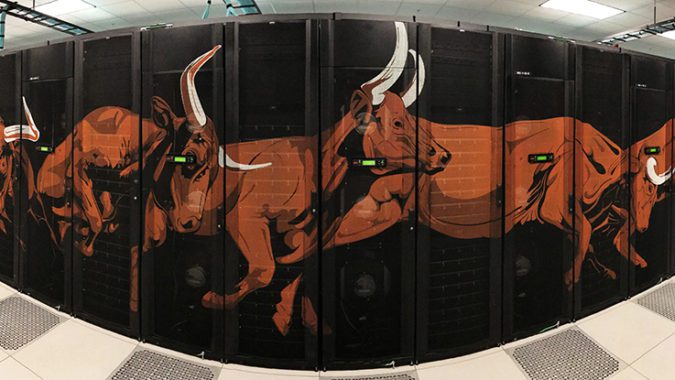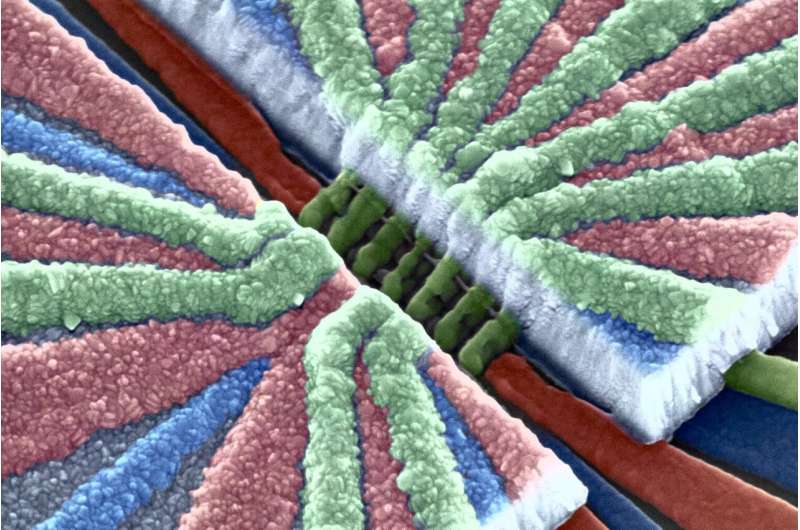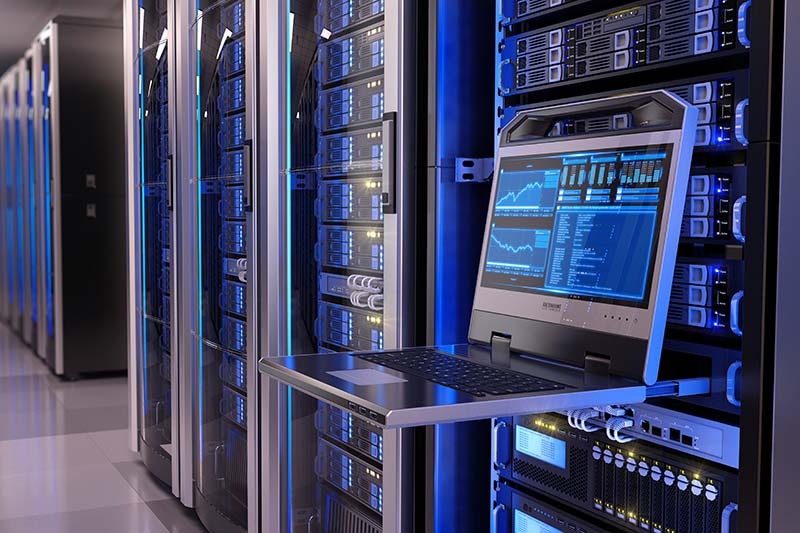
The Covid-19 pandemic has brought into sharp relief how small elements of a virus can play a crucial role in combating it with therapeutic drugs and vaccines. In Covid’s case, this research has included highly detailed simulations of viral features like the spike protein and the glycan shield; now, researchers from the University of Delaware […]

Research conducted by Princeton University physicists is paving the way for the use of silicon-based technologies in quantum computing, especially as quantum bits—the basic units of quantum computers. This research promises to accelerate the use of silicon technology as a viable alternative to other quantum computing technologies, such as superconductors or trapped ions. Source: Princeton […]

Due to a proliferation of innovative digital technologies and applications stemming from AI/ML, IoT, the edge and the cloud, we are now producing colossal amounts of information daily. Moreover, all signs indicate that demand for digital storage will continue to grow at unprecedented levels for decades to come. The post Samsung and Western Digital Collaborate […]

Over the course of the pandemic, the crucial role of high-performance computing and artificial intelligence in treating disease has become abundantly clear. Even as viral disease sits squarely in supercomputing’s crosshairs, however, mental illness has remained relatively foreign to the computational medicine world. Now, a collaboration between Oak Ridge National Laboratory (ORNL), Cincinnati Children’s Hospital, […]

The inner workings of the Earth shape the continents and islands we know on the surface — but many of the inner workings of the planet remain a mystery to even the most experienced researchers. One of those mysteries has been a characteristic — and hitherto unexplained — 60° bend in the Hawaiian-Emperor seamount chain, […]

“HPC Matters!” was the big, bold title of a talk by Piyush Mehrotra, division chief of NASA’s Advanced Supercomputing (NAS) Division at its Ames Research Center, during the meeting of the HPC Advisory Council at Stanford last week. At the meeting, Mehrotra offered a glimpse into the state of supercomputing at NASA—and how its systems […]

A new Hyperion Research opinion paper, sponsored by Dell Technologies and AMD, recommends that the US government increase its investment in high-performance computing (HPC), also known as supercomputing. The paper, titled “To Out-compute is to Out-compete: Competitive Threats and Opportunities Relative to US Government HPC Leadership,” outlines the benefits of HPC, examines recent trends, and […]
ColdQuanta, Riverlane and the University of Wisconsin–Madison announced they have successfully run a quantum algorithm on a cold atom qubit array system, codenamed “AQuA,” an industry first that brings quantum computing one step closer to real world applications. The milestone was conducted at the University of Wisconsin–Madison in the research group led by Prof. Mark […]
A University of Melbourne-led team has perfected a technique for embedding single atoms in a silicon wafer one-by-one. Their technology offers the potential to make quantum computers using the same methods that have given us cheap and reliable conventional devices containing billions of transistors. The post Building a Silicon Quantum Computer Chip Atom by Atom […]

In 1997, ASCI Red appeared on the Top500 as the first teraflops machine in history. It held that spot for seven lists, a record that remains unbroken decades later. Using thousands of Intel microprocessors, it offered additional evidence that massively parallel machines based on “off the shelf” technology would dominate supercomputing of the future – […]








